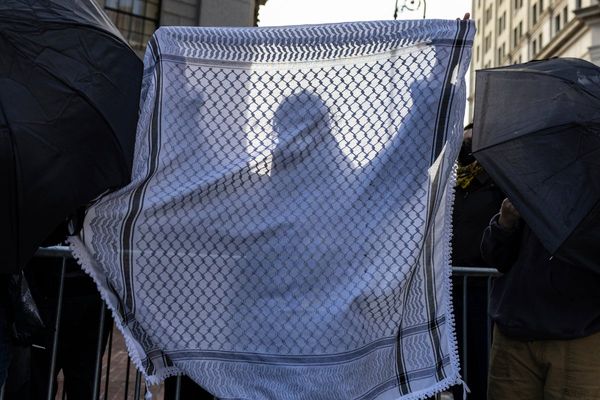Liverpool have reported a pre-tax profit of £7.5m for last season, with rocketing off-field costs reducing the overall benefit of a £107m increase in revenue.
In a campaign in which the Premier League club came within two matches of winning an unprecedented quadruple, finishing with an FA Cup and League Cup double, revenue rose to £594m.
That was back to pre-pandemic levels and resulted in a first profit in three years, with the accounts coinciding with the first full season without any coronavirus restrictions.
READ MORE: Click here to sign up to the BusinessLive North West newsletter
However, with inflation running in excess of 10% and against backdrop of a European energy crisis, the club’s utilities costs have doubled in the last year.
Administrative expenses increased by £69m to £545m, due to the increase in salary costs and matchday overhead costs.
Media revenue fell by £5m to £261m while matchday revenue rose by £83m to £86m.
"Some of the numbers in these latest accounts look slightly skewed as a result of the previous reporting period being impacted by the global pandemic," managing director Andy Hughes said.
"However, the underlying strength of our financial position remains strong and we continue to operate a sustainable club, which is our main objective from a financial perspective.
"It was really great having supporters back at Anfield and returning to some sort of normality after a really challenging period for everyone.
"The cost of running a football club does continue to rise but we maintain our position of growing this club with significant investment with new and existing players signing contracts and the construction of the new Anfield Road Stand, which we look forward to coming on stream in the summer.
"In the last five years we have invested over £250m in infrastructure and created world-class facilities for our players, staff and supporters."
During the year Liverpool signed seven new players, including Luis Diaz from Benfica for an initial £37m, and youngsters Fabio Carvalho, Ben Doak and Bobby Clark.
Jordan Henderson, Harvey Elliott, Ibrahima Konate, Andy Robertson, Alisson Becker, Stefan Bajcetic and Diogo Jota also all signed new long-term contracts.
The figures put into context how important the money from Champions League football is to the club’s overall financial health, which makes qualification for next season’s competition so important.
But with Jurgen Klopp’s seventh-placed side struggling for consistency and nine points adrift of Tottenham in fourth, albeit with a match in hand, the challenge looks a considerable one even with 15 games remaining.
"What’s important now is to finish this season as strong as possible, both on and off the pitch, while we continue to manage costs and explore opportunities for growth in our commercial operations so we can continue to reinvest revenues in players and infrastructure," Hughes added.
READ MORE:
Majority stake in Gary Neville's content company Buzz16 sold in multi-million pound deal
Iconic fashion retailer Hervia with 'supergroup' plans reopens after transformation
Essar Group to invest $2.4bn at Stanlow site through new venture
Analysts rue 'missed opportunity' for GB Group as prospect of a new takeover bid remains







